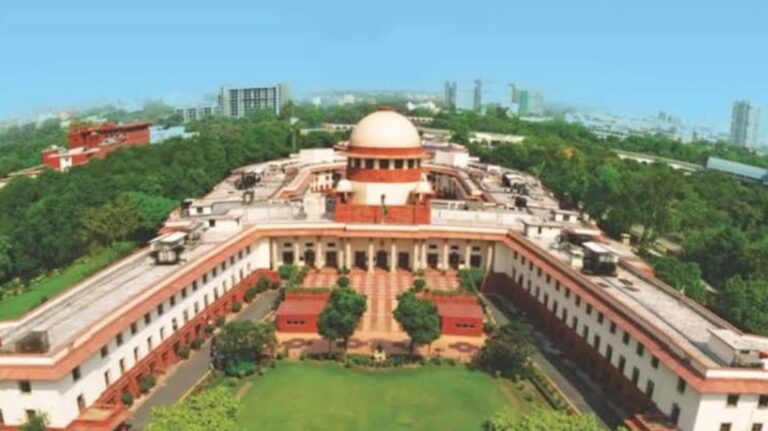In a landmark ruling that brings significant relief to businesses, the Supreme Court of India has upheld the use of Input Tax Credit (ITC) from the electronic credit ledger (ECrL) to make mandatory pre-deposits in Goods and Services Tax (GST) appeals. This decision overrides the tax authorities’ previous insistence that such pre-deposits be made exclusively in cash via the electronic cash ledger (ECL).
What the Supreme Court Ruled
The apex court, led by Justices B.V. Nagarathna and Satish Chandra Sharma, dismissed the special leave petition (SLP) filed by the Revenue in the case of Yasho Industries Ltd vs Union of India. The Court affirmed the Gujarat High Court’s October verdict, which had ruled in favor of Mumbai-based specialty chemicals manufacturer Yasho Industries.
The company had challenged the Revenue’s demand to pay a pre-deposit of ₹3.36 crore “only in cash” via the ECL, despite having sufficient balance in its ECrL. The High Court had backed the company’s stand, citing a 2022 GST circular that allows the use of ITC for discharging tax liabilities.
Understanding the Key GST Components
- Electronic Credit Ledger (ECrL): A digital account where taxpayers accumulate ITC — the GST paid on business purchases that can be used to offset GST liabilities on sales.
- Electronic Cash Ledger (ECL): Tracks cash payments made for taxes, interest, penalties, and fees.
The crux of the dispute was whether mandatory pre-deposits made while filing GST appeals qualify as “tax liabilities” under the definition in the 2022 GST circular (Circular No. 172/2022). The circular permits the use of the ECrL for “output tax liabilities,” but did not explicitly state whether pre-deposits for appeals were included.
Resolving the Ambiguity
Tax authorities argued that pre-deposits were procedural in nature and not actual tax liabilities, and therefore must be paid via the ECL. However, the Gujarat High Court—and now the Supreme Court—ruled that pre-deposits constitute compliance with tax obligations under the GST framework and can be paid using the ECrL.
This decision effectively resolves the ambiguity that had led many tax officers to insist on cash-only payments for appeal deposits.
Expert Reactions
Abhishek Rastogi, founder of Rastogi Chambers and legal counsel for the taxpayer, welcomed the judgment:
“The Supreme Court’s decision will provide relief to millions of taxpayers by allowing the use of the electronic credit ledger. It puts an end to unnecessary cash flow disruptions for businesses.”
Tax experts agree that this ruling will significantly improve cash flow for businesses. Saurabh Agarwal, Tax Partner at EY, commented:
“Allowing taxpayers to utilize existing ITC for appeal deposits helps free up working capital. Moreover, if the taxpayer wins the case, they won’t need to apply for a refund — the credit remains intact in the ledger.”
Implications for Businesses
This Supreme Court ruling aligns with the GST Council’s intent to provide a smooth and taxpayer-friendly dispute resolution process. By allowing the use of ITC for mandatory pre-deposits, the court has ensured that businesses can retain cash liquidity while staying compliant.
In conclusion, the judgment in Yasho Industries Ltd vs Union of India is a game-changer for GST litigation, eliminating interpretational hurdles and promoting a fairer, more efficient tax compliance ecosystem. Businesses can now confidently use their ECrL balances for pre-deposits, paving the way for streamlined dispute resolution without cash crunches.
